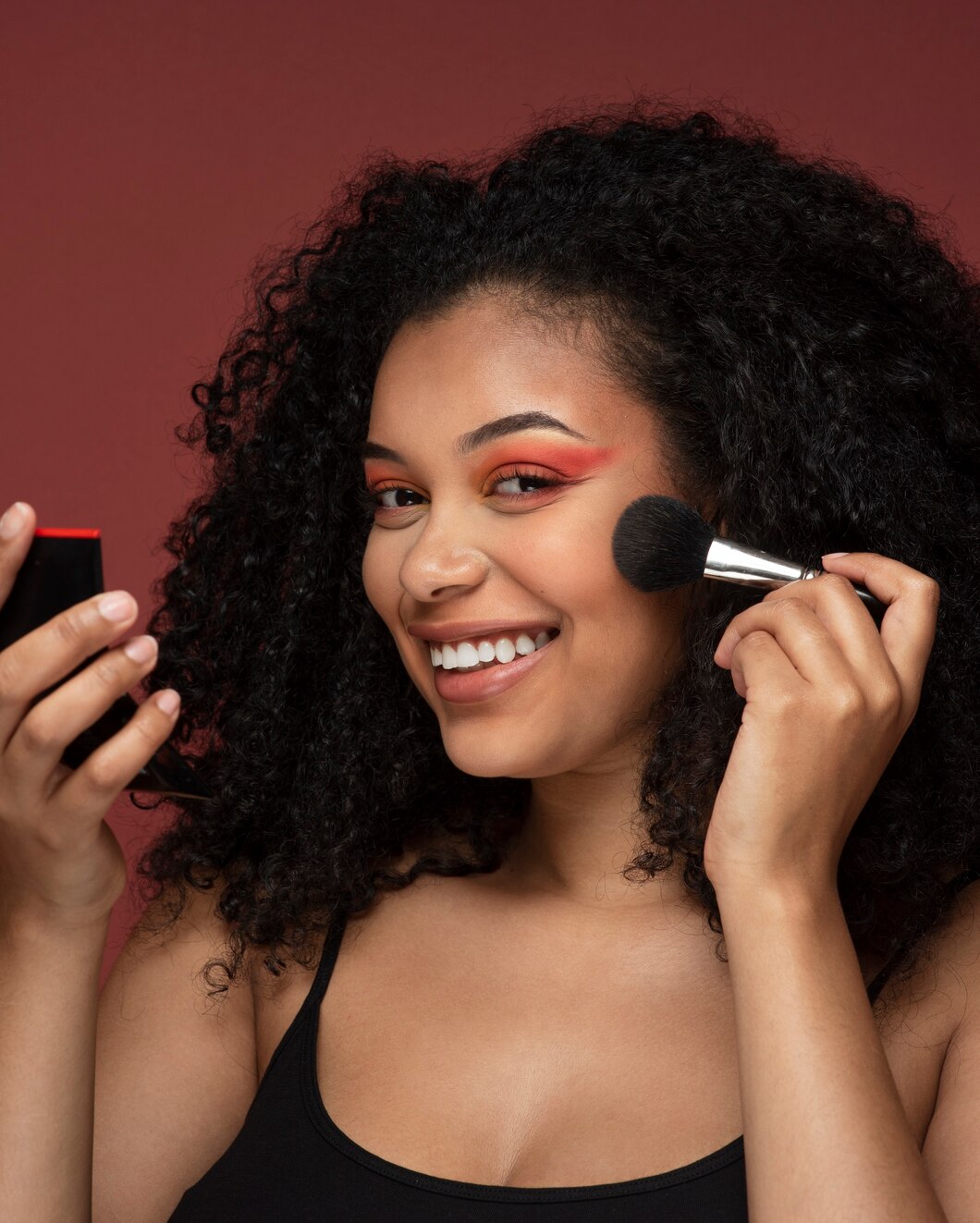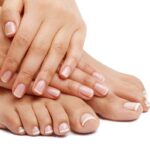Makeup has been an integral part of human culture for centuries, serving purposes that range from the ceremonial to the everyday. However, beyond its aesthetic applications, makeup wields significant psychological influence, impacting how individuals perceive themselves and others. Understanding the psychological effects of makeup can provide insight into its enduring popularity and its powerful role in human social interactions.
The Self-Perception Shift
One of the most profound effects of makeup is its ability to alter self-perception. Wearing makeup can enhance an individual’s self-esteem and confidence. This phenomenon is partly due to the “halo effect,” where people perceive themselves as more attractive and, consequently, attribute other positive qualities to themselves, such as increased sociability, competence, and overall appeal.
Studies have shown that women who wear makeup often report higher levels of self-assurance. This boost in confidence can translate into various areas of life, including professional settings. For instance, individuals may perform better in job interviews or presentations when they feel more confident about their appearance. The act of applying makeup can also serve as a form of self-care, providing a ritualistic and meditative experience that can improve mood and mental well-being.
Social Perception and Interaction
The impact of makeup on how others perceive us is equally significant. Research indicates that people tend to form judgments about others based on their appearance within seconds of meeting them. Makeup can influence these snap judgments, often enhancing perceptions of attractiveness, competence, and trustworthiness.
For example, a study published in the journal PLOS ONE found that women wearing makeup were perceived as more competent and likeable compared to those without makeup. This perception can affect various social interactions, from romantic engagements to professional environments. In the workplace, makeup can influence how colleagues and superiors view an individual’s professionalism and capability, potentially impacting career advancement opportunities.
Behavioral Changes
Makeup not only affects perception but can also lead to behavioral changes. This concept is rooted in the self-fulfilling prophecy theory, where individuals’ beliefs about themselves influence their behavior, which in turn affects how others respond to them. When people feel more attractive and confident because of makeup, they may exhibit more extroverted and assertive behaviors. This change in behavior can lead to more positive social interactions and reinforce the initial boost in self-esteem.
Moreover, the choice of makeup can reflect and influence mood. For instance, bold colors and dramatic styles might be chosen during periods of high energy or optimism, while more subdued looks might reflect a desire for calm or professionalism. Thus, makeup becomes a form of non-verbal communication, expressing aspects of the wearer’s personality and emotional state.
The Cultural and Evolutionary Perspective
From a broader perspective, the use of makeup can be understood through cultural and evolutionary lenses. Culturally, makeup trends vary significantly across societies and time periods, reflecting shifting ideals of beauty and identity. These trends are often influenced by media, fashion, and celebrity culture, which perpetuate certain standards of attractiveness.
Evolutionarily, the use of makeup can be linked to theories of sexual selection. Physical attractiveness is often associated with health and fertility, traits that are advantageous for reproduction. Therefore, makeup can enhance features that are typically associated with youth and vitality, such as clear skin, larger eyes, and fuller lips, making individuals more appealing to potential mates.
The psychology of makeup reveals its profound impact on both self-perception and social interaction. By enhancing confidence and altering how individuals are perceived by others, makeup serves as a powerful tool in human behavior and social dynamics. Its enduring popularity across cultures and eras underscores its significance beyond mere aesthetics, highlighting its role in shaping identity, mood, and social relationships. Understanding these psychological effects can lead to a deeper appreciation of makeup’s place in human society and its influence on our daily lives.








